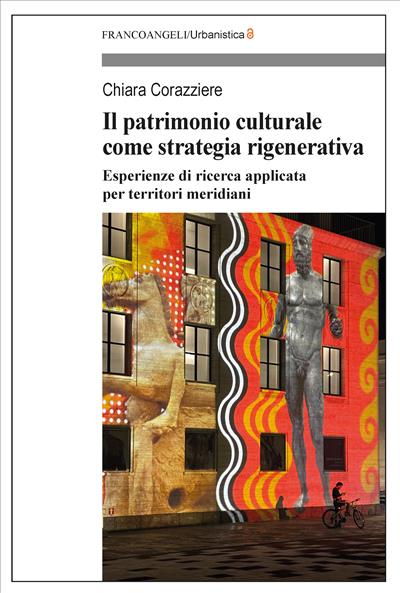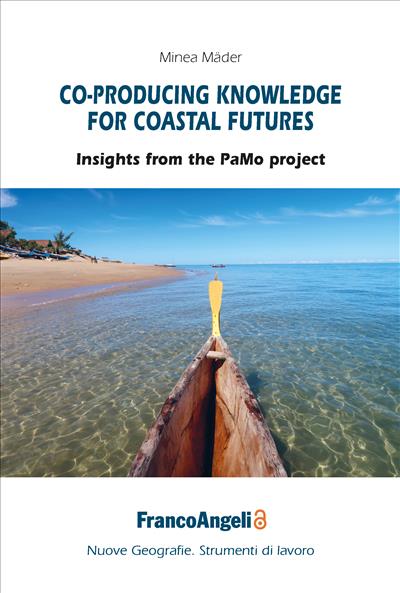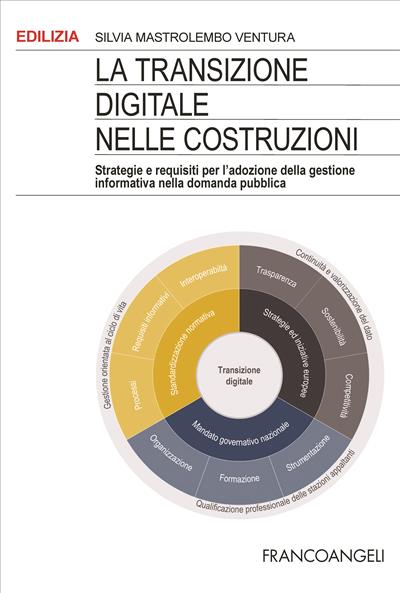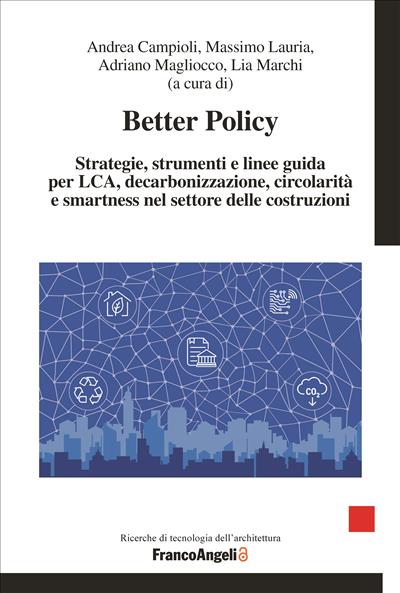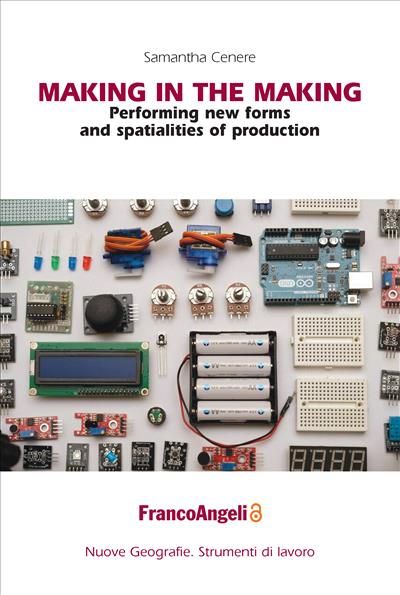
Making in the making
Performing new forms and spatialities of production
During the last two decades, we have witnessed the spreading of shared spaces of work and production in different urban contexts, attracting attention from both policymakers and scholars in economic geography and urban studies. The book offers an original theoretical framework inspired by the recent strand of post-structuralist economic geography, together with a reliance on ontological tenets coming from Actor-Network Theory and Science and Technology Studies.
Pagine: 272
ISBN: 9788835131618
Edizione:1a edizione 2021
Codice editore: 11111.5
Informazioni sugli open access
